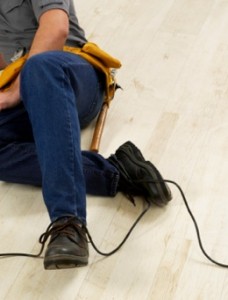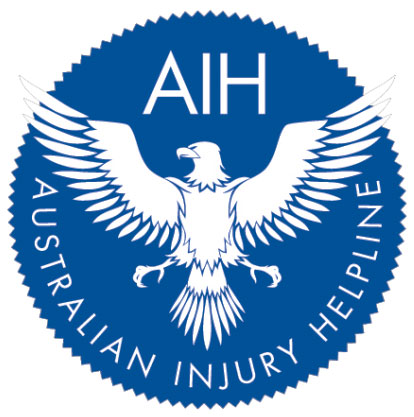Suffering a work accident is a horrendous situation to find yourself in. Dealing with the shock of being out of action, having to recover and fear about the future it can become very stressful indeed.
When a serious workplace injury has occurred there is a lot of fear surrounding the future particularly in relation to finances. Fear of not knowing if you will recover or when you might return to work, or even whether or not you return to work at all.
Reactions to work compensation in the workplace
Another fear many workers who have suffered a workplace injury is what their employer or their colleagues think about their claim for work compensation. People have their own opinion and attitude towards others who lodge a worker compensation claim for their workplace injury. There are negative attitudes from people who have never been in such a situation and these people have no idea what it is like and do not understand. Passing judgement upon others is unfair as well as un-empathetic.
If a workplace injury could’ve been prevented or was caused by someone else’s negligence then you may be entitled to a negligence claim. This is a common law claim available outside of statutory work compensation. A negligence claim will consider future economic losses as well as past and present losses to date. Future economic losses might mean a loss of a future salary or loss of wages as you are unable to return to your job. It might also include the cost of having to re-train for a future career or employment. It might consider all the expenses that lie ahead such as medical equipment, wheelchairs, chair lifts, home and car modifications and so forth.
Who are they to judge?
Caring what other people think won’t help you rebuild your life. Do what you know is right for your own well being and your future. If colleagues are judging you then try to help them understand what you are going through. You certainly don’t need to justify your reason to claim injury compensation to anyone. It is none of anyone else’s business but yours. Claiming compensation is your legal right. Under the lawyou are entitled to such an award and deserve to be compensated.
Worried about your job?
Another fear many people have is what their boss will think of them. It is important to remember your boss has compulsory worker compensation insurance such as Work Cover. This means when you lodge a claim the insurance company pays out and not your boss. You boss does not lose in a financial sense. This is why he has insurance, to cover expenses and losses protecting his business as well as his employees.
Again you may get some employers who take an injury compensation claim from an employee personally. This is ludicrous. An employer should care more for their employee’s welfare than they do about an insurance claim.
For further advice, forms or information on work injury compensation call 1800 006 766. If you need legal advice our helpline will connect you with a lawyer.


